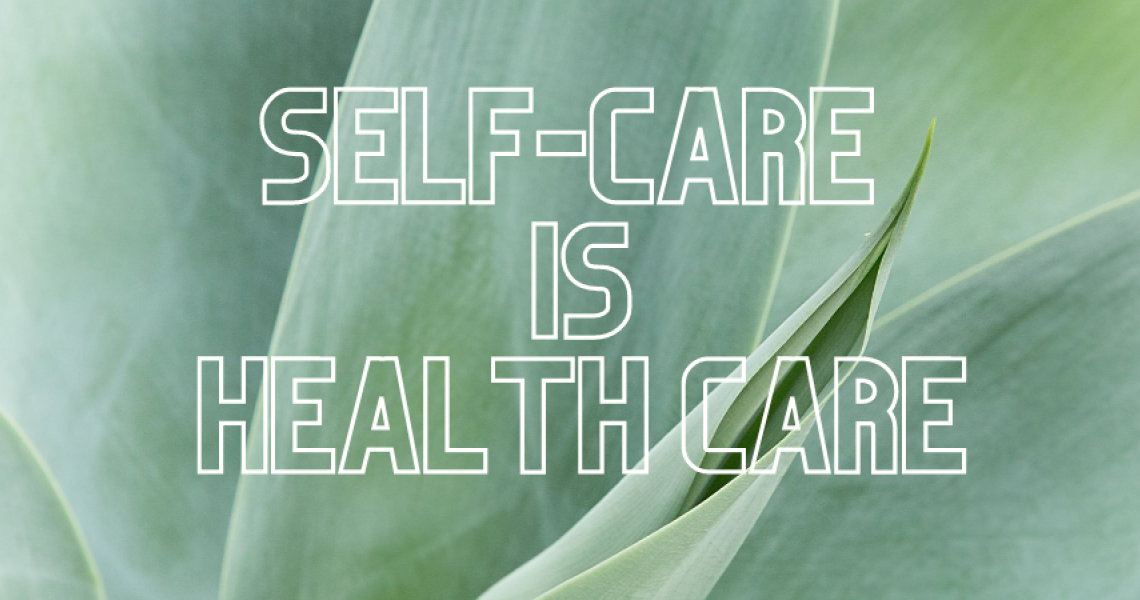
Self-care, or self-compassion, is finally getting the attention it deserves. While there is no one definition for self-care, it generally refers to the multiple ways in which people maintain, improve, or protect their health and well-being, and prevent or cope with illness—especially in times of stress. Self-care broadly includes activities in the physical, emotional, spiritual, and social realms.
But research shows many people misunderstand what effective self-care is and how they can best benefit from it. Self-care is not a new concept—nor is it complex, lofty or exclusive. It is just what it sounds like—nurturing yourself by doing things that preserve or improve your mental or physical health.
Self-care is not indulgence. It should make you feel better or cared for the next day, not regretful. In health care, the term self-care is also used to refer to individuals taking charge of their own health—from making healthy lifestyle choices to taking an active part in managing chronic conditions.
- Types of Self-care
-
- Breathing exercises
- Massage therapy
- Nutrition
- Meditation
- Exercise
- Journaling
- Yoga therapy
- Cognitive behavioral therapy
- Practice gratitude
- Self-care Strategies
-
- Maintain your friendships. Connect regularly with family and friends and do things together that you all enjoy.
- Get regular exercise. This one really helps with reducing stress levels and to improve your health. It may go hand in hand with the first tip, find an activity that you enjoy with your friends and do it together.
- Keep a balanced diet. Eat nutritious food as this helps with energy levels and stress management.
- Ask for help and accept it when it is offered. This one may seem tricky however no one expects you to deal with whatever is going on in your life alone.
- Think of yourself as your own best friend. Be kind to yourself. Encouraging and rewarding yourself for getting through a difficult period or achieving a goal, however small, will reinforce your self confidence.
- Plan something to look forward to, whether that be a trip with your friends or an outing – even a holiday.
- Try to spend some quality time for yourself, away from the usual demands, even if it’s just 15 minutes a day. Do something relaxing, like go for a walk, meditate, take a bath, or read a book.
- Get good quality sleep and hop into a routine. We’re on our phones so much, especially in the evening however try to switch off your electronics at least an hour before going to bed so that you can wind down.
- Practice regular relaxation. Try to squeeze in some meditation before starting your day. There’s a bunch of free apps you can download.
- Last one – regularly engage in an activity that you find relaxing. Put aside a little time every day to do something that you really enjoy, whether that be gardening, listening to music, journaling, or a hobby. Schedule it into your daily routine so that it becomes a natural part of your life.
- Self-care Resources
-
- SMHS Health & Wellness
- GWell: Creating a Community of Well-being
- Nutrition Reviews: Stress, Sleep, and Nutrition (Special Issue)
- The Science of Wellbeing (Free Yale University course)
- Caring for Ourselves: Considerations for Clinician Well-Being and Self-Care (American College of Lifestyle Medicine)
- Mindful.org
- Calming Breath
- Mindful Self-Compassion
- Live-stream Studio and Gym Workouts
- Fitness Blender: Free exercise website
- Sweat and Social Distance: Virtual workout, video, conversation
Source: Self-Care As Legacy, DrWeil.com; HEALTH AND SELF-CARE: A Look Inside Patient and Physician Perspectives on Self-care, Samueli Foundation; What is self care and why is it important?, BMI Healthcare; National Youth Mental Health Foundation, Australian Government Department of Health